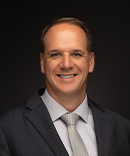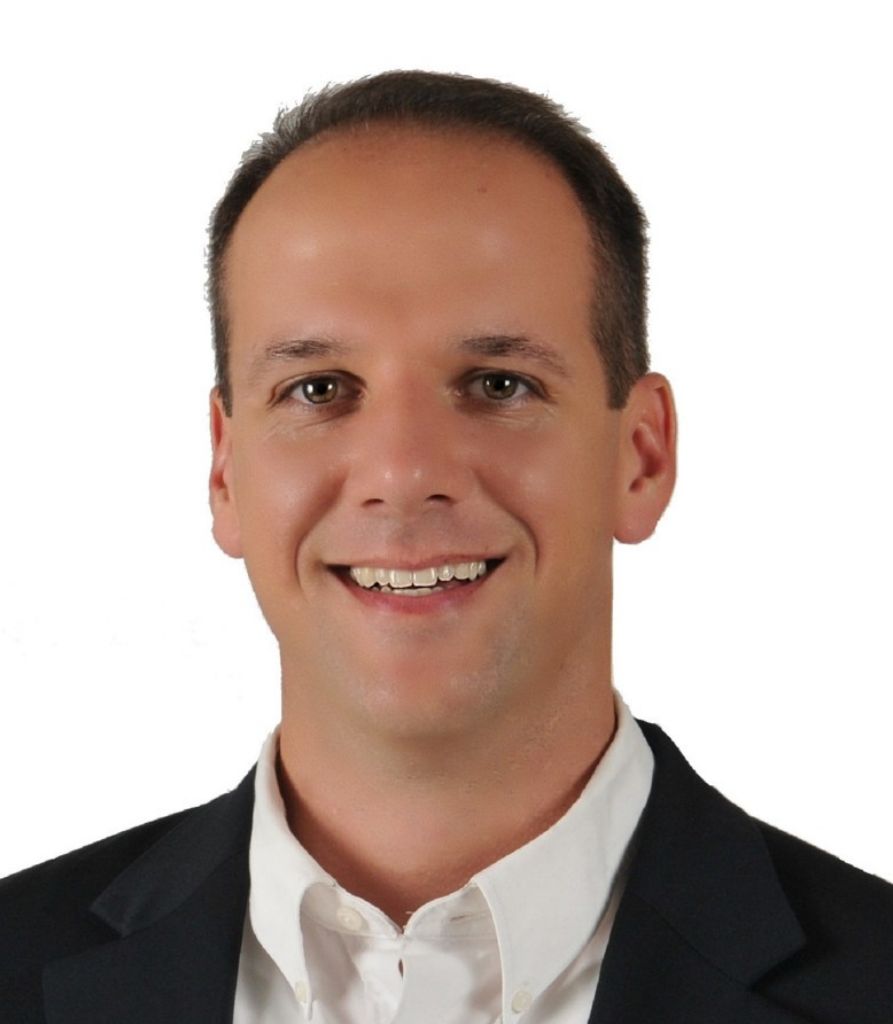After a long and dedicated career, the thought of retirement is both exciting and a little overwhelming. You’ve spent your life providing the best care for your patients, but who is providing the best care for your financial future? Join us for a complimentary, one-hour webinar designed specifically for physicians like you who are either considering retirement or have recently made the transition.
The Doctor’s Guide to a Financially Healthy Retirement
Date: Tuesday, October 14, 2025
Time: 6:00 p.m. – 7:00 p.m.
Location: Online (Link to be provided upon registration)
We’ll cover the critical topics that can make or break your retirement plan, giving you the knowledge and confidence to move forward. Join us to learn actionable advice on:
- Navigating Medicare and Health Care Costs: Understanding your options and ensuring you have the right coverage in place.
- Maximizing Social Security Benefits: Strategies to optimize your benefits and when to start drawing them.
- Generating Sustainable Income from Investments: How to transition from accumulating wealth to generating a reliable income stream.
- The Power of Roth Conversions: Is converting your traditional IRA to a Roth IRA the right move for you? We’ll discuss the pros and cons.
- Tax-Efficient Withdrawal Strategies: Don’t let taxes erode your hard-earned savings. Learn how to withdraw from your accounts in the most tax-advantageous way.
- Long-Term Care Planning: Plan for your potentially largest expense in retirement.
This is an educational session designed to empower you to make informed decisions about the next chapter of your life.
Your retirement deserves the same level of attention to detail you’ve given your patients.
Please feel free to forward this invitation to any physician colleagues who might also find this information beneficial. The financial health of our medical community is a shared priority. This complimentary education session is provided by WisMed Assure & WisMed Financial.
Note: This article is for informational purposes only and should not be considered as insurance advice related to your specific policy or situation. Please consult with a qualified insurance advisor or professional before making any policy decisions. Full disclaimer and contact information.
















